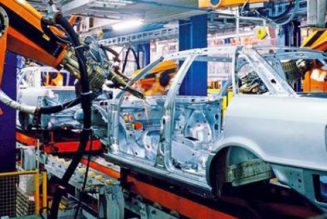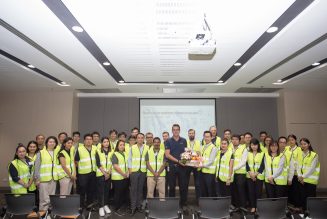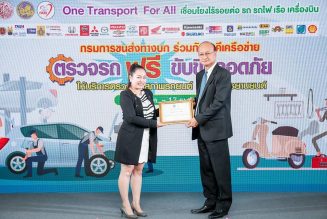Experts in the UK are working with Thailand’s food industry to prevent contamination of animal food products that can cause food poisoning.
The photo above is a microscopic view of the campylobacter bacteria responsible for food poisoning discussed in today’s article. Today’s article is full of English vocabulary that will be useful for students aiming at a career in health professions such as nursing and medicine.

Experts in the UK are working with Thailand’s food industry to prevent contamination of animal food products that can cause food poisoning.
The photo above is a microscopic view of the campylobacter bacteria responsible for food poisoning discussed in today’s article. Today’s article is full of English vocabulary that will be useful for students aiming at a career in health professions such as nursing and medicine.
The notification by the European Union food-safety authorities that certain vegetables imported from Thailand were contaminated with insecticides has prompted the Thai authorities to step up measures to protect our food industry. The Agriculture Ministry is going to suspend the export of 16 vegetables to the EU next month, including basil, aubergines and chillies.
However, more probably needs to be done when it comes to the issue of food safety, as it is not only vegetables which are exposed to such contamination. The collaboration between the UKand the Thai food industry is now focusing on the safety of certain animal food products that are likely to be contaminated with bacteria that cause food poisoning.
Tom Humphrey, professorial fellow in Food Safety and Science Director, National Centre for Zoonosis Research, University of Liverpool, pointed to two food-borne zoonoses, salmonella and campylobacter, which are a major concern in the UK and worldwide.
“Zoonosis is defined as a disease that we get from animals. About 60% of all infections are zoonoses – Sars, avian flu, campylobacter, salmonella; we catch them all from animals, either directly or indirectly from food,” said Humphrey.
People infected with salmonella and campylobacter may suffer from abdominal pain and diarrhoea. Salmonella is found in both chicken meat and eggs while campylobacter is found in chickens.
“In the UK, about 600,000 people catch campylobacter each year and about 100,000 people catch salmonella. In terms of campylobacter, 80% of cases come from chicken, so we need to stop that because it’s an important public-health issue,” he said.
In Europe and America, campylo-bacter bacteria is the second leading cause of digestive-system diseases, after salmonella, and has been closely monitored.
According to Humphrey, the animal in Europe that most often contracts zoonosis is the chicken, but how it does so is not fully understood.
In Thailand, there are no complete statistics on the epidemiology of the diseases, but studies between 1990 and 1993 found a continuing increase in the number of patients infected with salmonella, rising from 1.33% to 16.98% within a four-year period. Also, during the same period, the presence of salmonella bacteria in raw chicken meat was found to have increased dramatically from 1.4% in 1990 to 16.75% in 1993
Nipa Chokesajjawatee, a researcher at the National Centre for Genetic Engineering and Biotechnology, explained that salmonella bacteria are generally found in the environment and in raw food. Humans can contract salmonella from eating undercooked food, and the bacteria in that food must be in large amounts to cause food poisoning. Eggs from infected chickens can also be contaminated with salmonella, but the chances are not quite as high. Nipa cited a study which found that one in every 200 eggs laid by an infected chicken will be contaminated with the organism.
She noted that if Thailand would like to be able to export raw chicken to Europe, it had to come up with measures to stop Thai chickens from getting infected with both campylobacter and salmonella. More research needs to be conducted in this area.
Humphrey meanwhile responded: “Because Thailand is seen as an important future food-supply source for Europe and the UK, it is important for the Thai industry to learn to protect its food animals from infection so that they don’t pass the infection on to people.”
http://www.bangkokpost.com/learning/learning-from-news/218540/european-collaboration-on-food-safety








